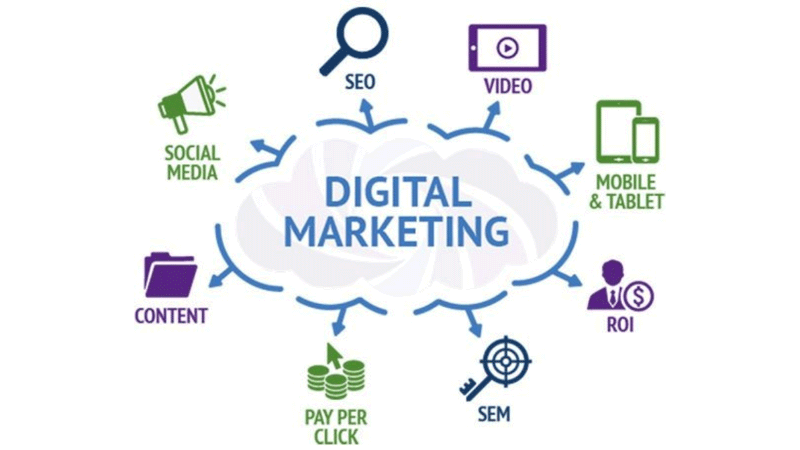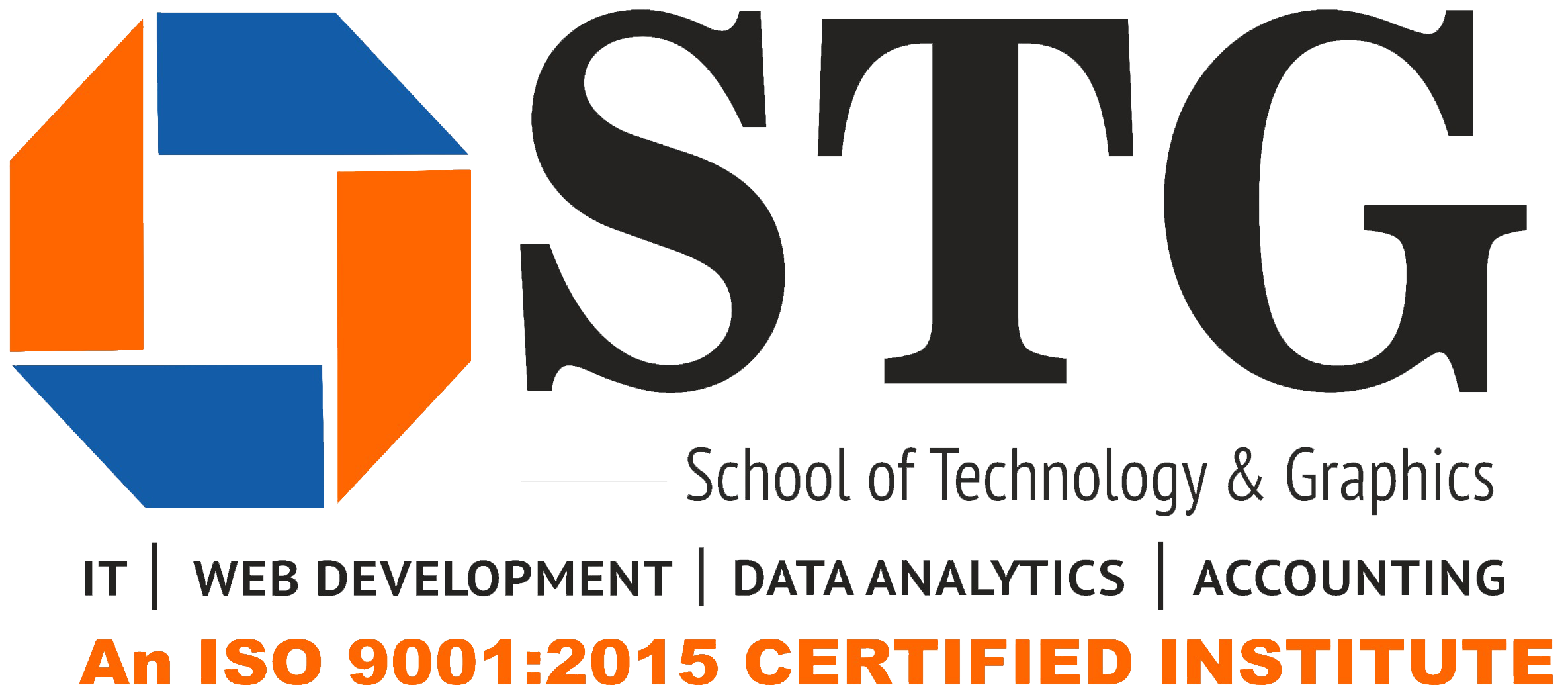
Digital Marketing
"Design impactful business presentations"
3 Months
2 Weekly Live Sessions
18 Classes
Placement Assistance
Digital marketing encompasses a variety of strategies and tactics that leverage digital channels to promote products, services, and brands. Key components include SEO (Search Engine Optimization), SEM (Search Engine Marketing) (including PPC), Social Media Marketing, Content Marketing, Email Marketing, and Affiliate Marketing. These components aim to reach potential customers, drive traffic to websites, increase engagement, and ultimately boost sales and brand awareness.
Detailed Breakdown:
-
Search Engine Optimization (SEO): Optimizing a website to rank higher in search engine results pages (SERPs) for relevant keywords, increasing organic (non-paid) traffic.
-
Search Engine Marketing (SEM): A broader term for online marketing through search engines, often involving Pay-Per-Click (PPC) advertising campaigns.
-
Social Media Marketing (SMM): Utilizing social media platforms to build brand awareness, engage with customers, and drive traffic to websites.
-
Content Marketing: Creating and distributing valuable, relevant, and consistent content (e.g., blog posts, videos, infographics) to attract and engage a target audience.
-
Email Marketing: Reaching out to potential and existing customers through targeted email campaigns to promote products, share updates, and nurture leads.
-
Affiliate Marketing: Partnering with other businesses or individuals to promote products or services, earning a commission on sales generated through their referrals.
Other Important Aspects of Digital Marketing:
-
Web Design: Creating a user-friendly and visually appealing website is crucial for a positive user experience and effective marketing.
-
Mobile Marketing: Reaching customers through mobile devices via SMS, mobile apps, and mobile-optimized websites.
-
Marketing Analytics: Tracking and analyzing data from various digital channels to measure campaign performance and make data-driven decisions.
By understanding and effectively utilizing these components, businesses can create a comprehensive digital marketing strategy to achieve their marketing objectives, according to a digital marketing blog.




